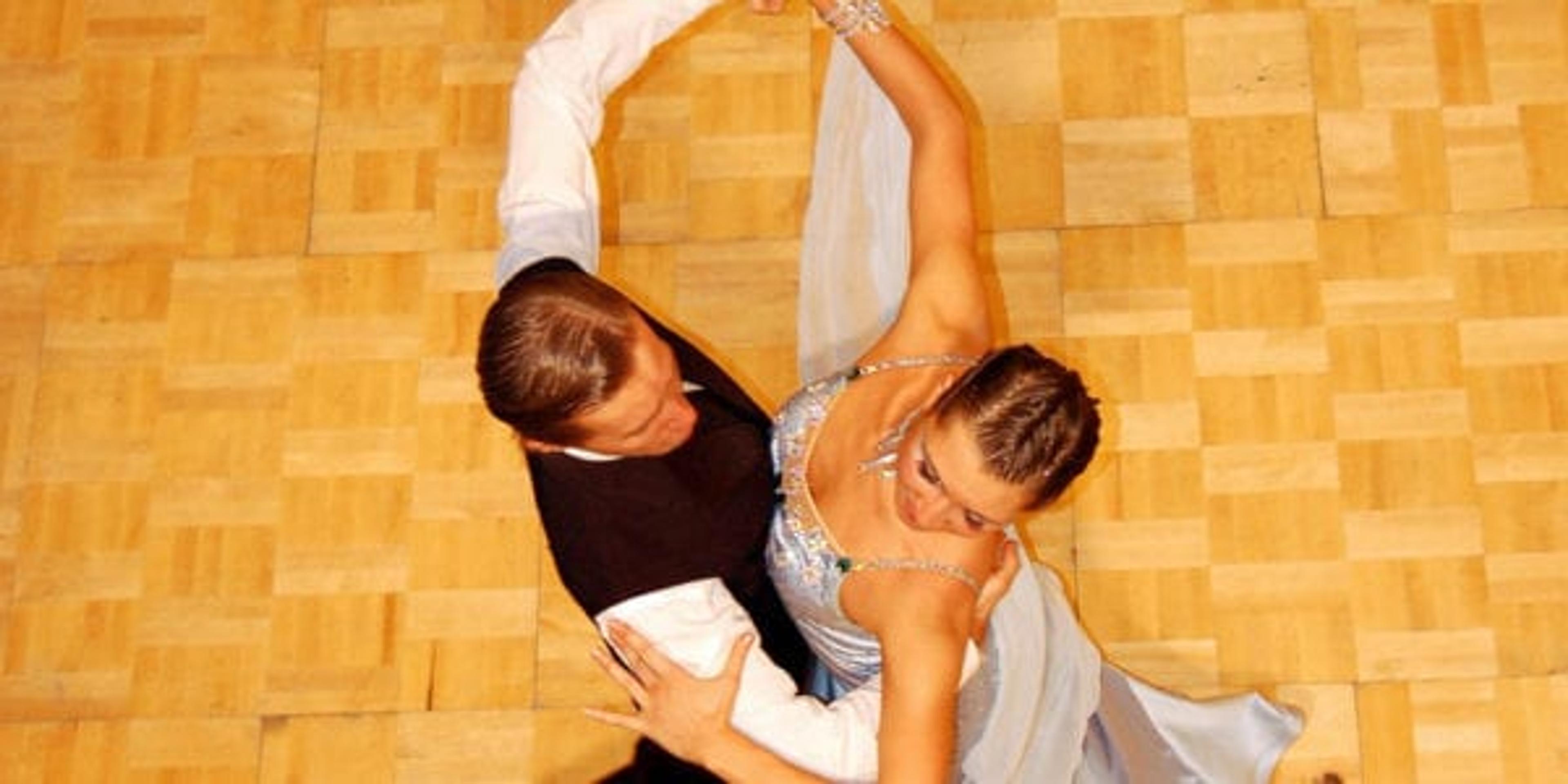Dance Your Way to a Happier, Less-Stressed Life
| 2 min read

It only takes a few minutes of dancing to understand that it can be quite the workout. It boosts your heart rate, works leg muscles and forces you to work on coordination and balance. But the benefits of dancing go way beyond the physical. Grooving to the music can also do quite the number on your brain power and mental well-being. Here are just a few ways it does that:
- It helps seniors stay sharp. Research in the New England Journal of Medicine compared different kinds of activity and found that dancing was the only one connected to developing a lower risk of Alzheimer’s disease.
- It helps you get out of a funk. People who learn to tango report lower levels of stress, anxiety and depression, according to an Australian study. The dancing was actually more effective on stress and anxiety than practicing meditation.
- It helps you think outside the box. Researchers at the Dance Psychology Lab at the University of Hertfordshire have found that when people improvise dance, where they make up the moves as they go, they become better at problem-solving and creative thinking. The reason: They are more willing to see that there are multiple answers to a problem.
- It makes you happy. Dancing is better at lifting your mood than other types of exercise, according to research from Italy. They asked cardiac rehab patients to either waltz, go biking or exercise on the treadmill. Yes dancing improved the state of their arteries, but it also made them happier than those who biked or worked out on the treadmill.
- It helps girls feel better about themselves. A Swedish study showed that teenage girls who went to dance class regularly had higher self-esteem and were better able to handle their daily problems than those who didn’t dance.
This blog post is part of #HealthyMe, a personalized web experience based on your health and wellness goals. To sign up today, visit http://www.ahealthiermichigan.org/healthyme
Photo credit: machaon-dance





